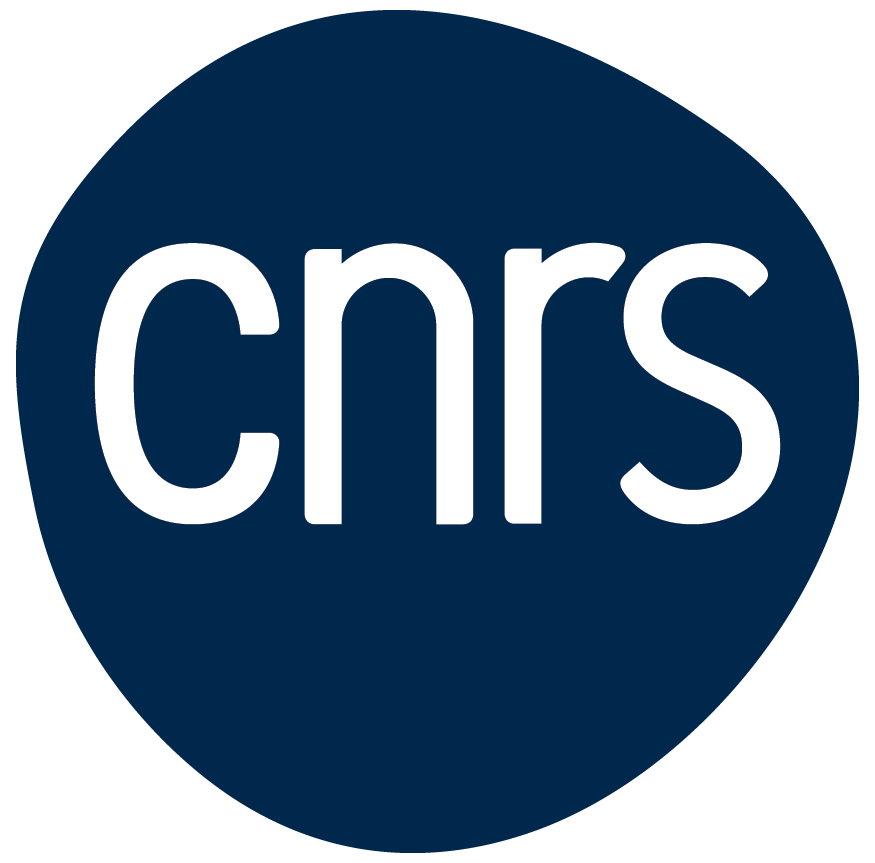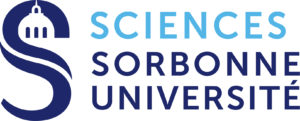Proposition de stage
Laboratoire Sciences et Ingénierie de la Matière Molle, (SIMM)
Adresse: ESPCI, 10 Rue Vauquelin 75005 Paris
Directeur du laboratoire: Jean-Baptiste d’Espinose
Responsables du projet : Nicolas SANSON, Jean COMTET, Bruno BRESSON
Internship with possibility for extension as a fully-funded PhD (ANR PEGASUS)

Context:
Suspensions of solid particles in a liquid (e.g., cement paste, ocean sediments, landslides) exhibit a range of peculiar rheological behaviors. In many industrial processes, their transport is highly energy-intensive, making it essential to understand their rheology. This is especially important in concentrated regimes, where their viscosity can rise by orders of magnitude. In these conditions, suspension flow properties are strongly dependent on the nature of the local interactions and contacts between particle (friction, adhesion, ...), yet this key interrelation is poorly understood due to the difficulty of precisely controlling and measuring such interactions in particulate systems. This internship is part of the PEGASUS ANR project, which aims precisely to design and study particulate systems whose friction and adhesion can be tuned through physicochemical stimuli, in order to develop a deeper understanding of dense suspension mechanics.
Objectives:
The host team developed recently a novel route towards the large-scale synthesis of particles with stimuli-responsive properties and adjustable friction and lubrication, amenable to macroscopic rheological studies [1].
The goal of this internship is to push forward this strategy, focusing specifically on synthesis and characterization of core-shell particles, at both macroscopic and local scales.
Key goals include:
(i) the synthesis of cross-linked core-shell particles with diameters from 20 to 300 μm with a hard poly(methyl methacrylate), PMMA, core and a permeable poly(sodium methacrylate), PMAA, polyelectrolyte shell.
(ii) the investigation of frictional and lubricating behavior under various physico-chemistry conditions such as the effect of the ionic strength, the surfactant and polyelectrolyte of opposite charge. The parameters will be analyzed using a home-made rotating drum providing informations on the macroscopic friction coefficient.
(iii) The surface characterization of particles and measurement of interparticle forces using Atomic Force Microscopy (AFM) in liquid environments. The main objective is both to develop and to test colloidal probes in order to study microscopic contact interactions, addressing challenges related to particle swelling and adhesion as a function of the stimuli.
The project combines particles synthesis, macroscopic rheological testing and local AFM measurements. The intern will benefit from the expertise of N. Sanson in particle synthesis, and B. Bresson and J. Comtet in the microscopic characterization of inter-particle contact interactions.
The long-term goal of the project is to establish a quantitative link between microscopic contact properties at the particle scale (adhesion, friction, lubrication) and macroscopic flow behavior of the suspension under imposed pressure. Probing such inter-relation will contribute ultimately to the development of novel strategies for the energy-efficient manipulation and transport of dense suspensions.
Profile:
We are looking for a Master 2 student in materials science, physical-chemistry or physics with an interest in soft matter, as well as curiosity and openness toward a topic that spans synthesis, physico-chemistry and physics. Prior experience in laboratory work will be appreciated.
Additional Information:
A PhD position funded by the ANR may be available following the internship, for candidates demonstrating strong motivation and research potential.
[1] Blaiset, L., Bresson, B., Olanier, L., Guazzelli, É., Roché, M., & Sanson, N. (2024). Granular aqueous suspensions with controlled interparticular friction and adhesion. Soft Matter, 20(27), 5447-5455.


